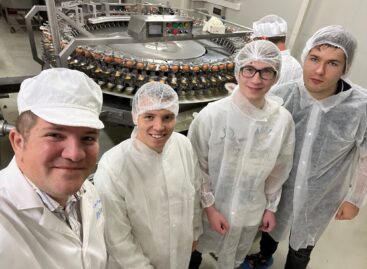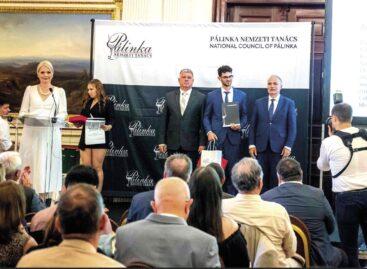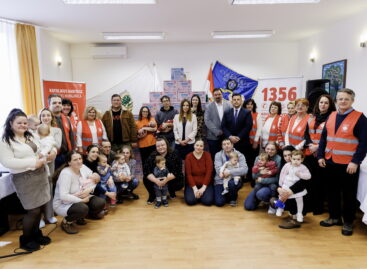Zsófia Benedek: localization does not necessarily automatically mean environmental sustainability
Biologist and economist Zsófia Benedek highlighted the role of local foods in sustainable food production at the Science Festival of the Hungarian Academy of Sciences.
In the presentation, Zsófia Benedek takes a critical look at the sustainability of local foods, highlighting that localization does not necessarily automatically mean environmental sustainability. As an example, she cites farmers’ markets, which many see as one of the best forms of sustainable shopping. However, he points out that both consumers and producers often travel long distances to the markets, which increases the environmental burden.
Benedek emphasizes that an efficient home delivery system can reduce transport emissions by up to 70 percent. As an example, he mentions that in a long transport chain, fewer emissions can be generated than if someone travels to and from the market in their own car.
The speaker also points out that transportation accounts for only about 10 percent of the ecological footprint of local foods. This number can be further reduced, for example by making packaging more environmentally friendly, especially in short supply chains.
Related news
Related news
dm’s Together for Babies program continues this year
🎧 Hallgasd a cikket: Lejátszás Szünet Folytatás Leállítás Nyelv: Auto…
Read more >Storck Hungária: new sales manager has arrived
🎧 Hallgasd a cikket: Lejátszás Szünet Folytatás Leállítás Nyelv: Auto…
Read more >









